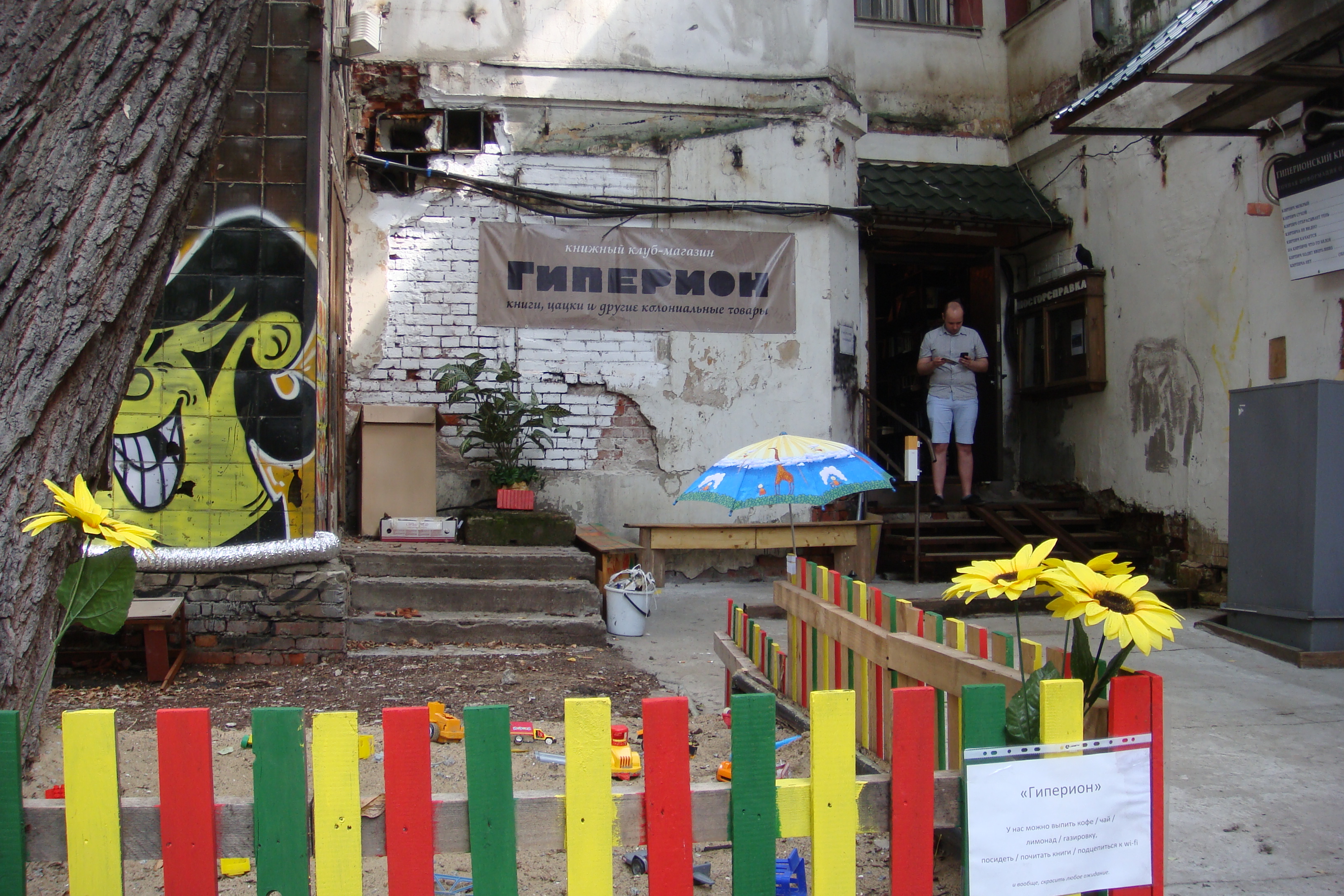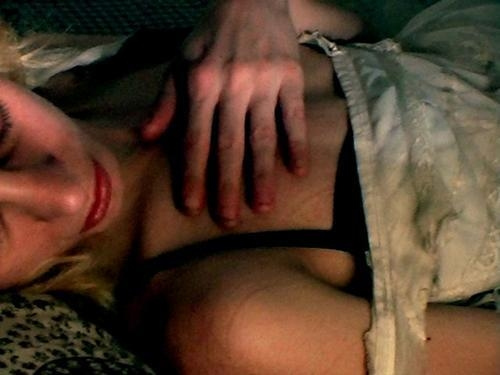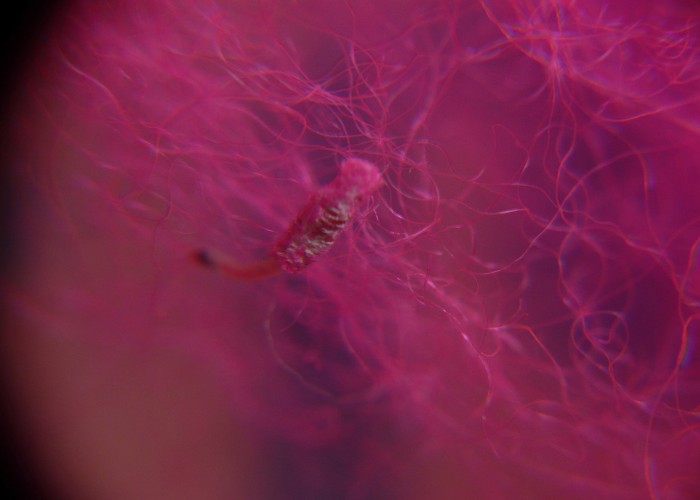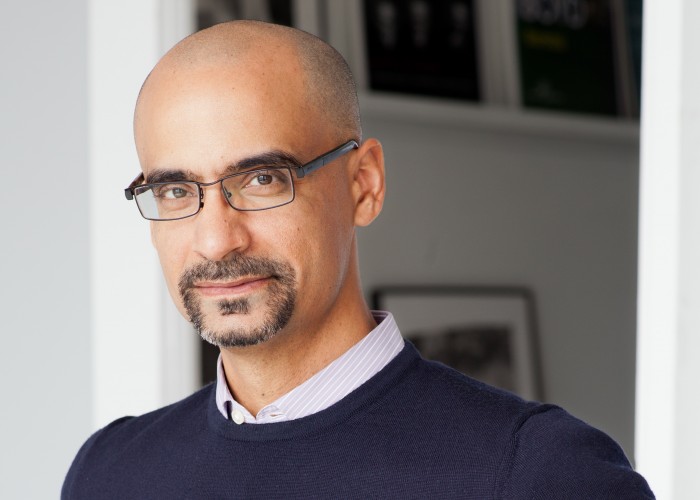Hyperion [moscow]
By Marfa Nekrasova
translated by Nathan Jeffers
The word Hyperion has many possible meanings; it can refer to a book, a poem, a tree, a spaceship, one of the 12 Titans, or even one of Saturn’s moons. However, ask a Muscovite about Hyperion and the reply you will most likely hear will lead you to a bookstore. What you will find is not so much a small back-alley bookshop, stuffed from floor to ceiling with dusty books, but rather a straight up book megastore.
The fact that this bookstore is located in a former house of Culture (a Soviet institution used to host performances and other large gatherings) means it is doomed to have an enduring ‘underground’ vibe. The space of the house of Culture has been used over the past three years in an increasingly strange assortment of ways. Moscow’s creative youth has been opening (and closing) shops, cafés and studios, as well as running workshops for connoisseurs of modern art.
It was with both their own creative ambitions, and a respect for the Soviet past, that Hyperion’s founders set about opening its doors to the public. On the lawn by the entrance they built a sandbox, scattered with toys, so as to allow parents to peruse the store’s shelves freely. Benches have been installed to accommodate browsers who wish to have a smoke break, and above the entrance hangs a realistic raven carved from wood (after the dove, the raven is Moscow’s favorite bird). Two more things that grab one’s attention are the unexpectedly large collection of children’s books and the fact that in every book there is a Hyperion Ex Libris, the design of which every book-lover is invited to submit an entry in an on-going competition.
Inside Hyperion, near the well-chosen and carefully arranged books, are handmade decorations, postcards, and store-branded mugs featuring hidden patterns that only reveal themselves upon coming in contact with hot liquid. From these mugs one can sip tea while sitting and reading on one of the many ottomans.
In the evenings, Hyperion takes on a more social atmosphere offering readings and concerts by talented, though perhaps not well-known, performers. Further included in Hyperion’s evening repertoire are classes on fruit-preserve making, the Japanese art of flower arrangement (Ikebana), and nights for young poets. So if you ever happen to find yourself in Moscow’s Kitai Gorod region, then it would undoubtedly be worth your while to pop in and see for yourself one of the most welcoming and increasingly popular bookstores in Moscow. That, and to drink tea out of a transforming mug, of course.
***
read this also in Russian
***
[ + bar ]
Revealing the local
translated by Addie Leak
The vicissitudes of literary endogamy can be highly enigmatic; in some cases, they can be equally wonderful. Javier Calvo, the... Read More »
Paula Bohince
IRISES AND GRASSHOPPER
Client in a house of courtesans, tableau of masculine and feminine. The irises lie back, languorous, dark pink at the centers and lighter at limbs. The grasshopper, in his armor, grips... Read More »
The images featured in BAR(2) were selected by Marisa Espínola and appear courtesy of:
Espacio en Blanco www.espacioenblancocultural.org
Espacio en Blanco began in Buenos Aires in 2009, when writer Francisco Moulia and... Read More »
Junot Díaz: “We exist in a constant state of translation. We just don’t like it.”
Interview by Karen Cresci
Read More »






 sending...
sending...